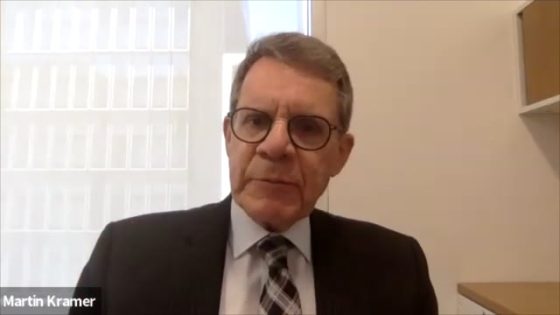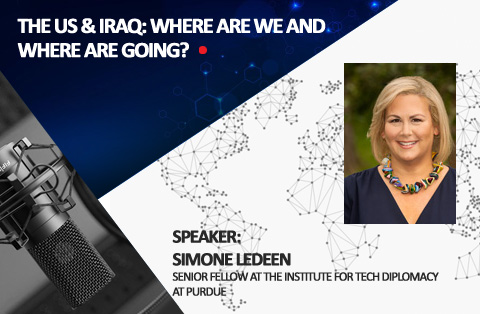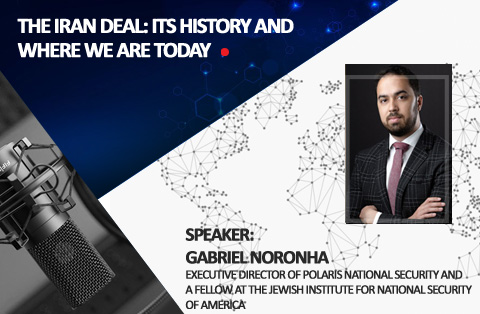Last February, Brooklyn College’s political science department was under attack for co-sponsoring a panel in support of the boycott, divestment, and sanctions movement. In the heat of the controversy, Brooklyn College President Karen Gould issued a statement defending the political science department.
Among other things, she said this: “as an institution of higher education, it is incumbent upon us to uphold the tenets of academic freedom and allow our students and faculty to engage in dialogue and debate on topics they may choose, even those with which members of our campus and broader community may vehemently disagree.”
For this statement, President Gould became a heroine in the BDS crowd. Corey Robin, a member of Brooklyn College’s political science department and a boycott supporter,said, “in my more than twenty years as a graduate student and professor, I don’t think I’ve ever seen a leader of an educational institution take a more principled and courageous stand than this.” Joan Scott also commended her “courageous statement.” Pro-boycott journalist Glenn Greenwald declared, once the controversy was resolved in the political science department’s favor, that President Gould had shown that “principled leadership” works.
In other words, one year ago boycott defenders thought that when it came to fundamental principles of academic freedom, a college president can, and indeed must, speak for the college.
Fast forward about a year. More than two hundred college presidents have publicly rejected the American Studies Association’s recent vote to boycott Israel. Time to change tactics. On Thursday, Ashley Dawson, a professor of English a the City University of New York’s Graduate Center (more about him here), took to the pages of InsideHigherEd to reveal the new BDS wisdom: college presidents must not make statements in the name of their colleges. If you think that no one would make such a claim, read Dawson’s own words: “when university leaders … speak not based on their own personal opinions but in the name of the institution, they abrogate the academic freedom of their faculty members.”
This statement is rich on more than one level. It’s rich because the boycotters would no doubt gladly accept the support of any college president who offered to defend them. It’s rich because, although they deny it, boycott proponents have lent their support to a movement that actively encourages American scholars to shun Israeli scholars. Now they complain that college presidents violate academic freedom when they speak for the institutions they lead, often in statements explicitly reaffirming “the right of academicians to voice their viewpoints.” It’s rich because they loved presidential leadership when President Gould exercised it. Can they really blame a college president for thinking it an uncontroversial corollary of any college’s mission that “efforts to curtail dialogue and academic exchange are wrongheaded and troubling”?
But I forgot to say whom I was quoting there. That was former BDS heroine, President Karen Gould, denouncing the American Studies Association boycott.




